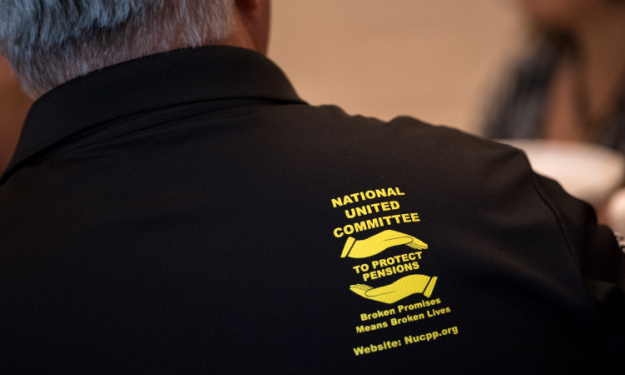Congress passes pension reform for coal miners; the Treasury Department denies the MPRA application of the American Federation of Musicians & Employers’ Pension Fund; the House passes the Emergency Pension Plan Reform Act of 2020 (EPPRA); Senators Grassley (R-IA) and Alexander (R-TN) introduce the Chris Allen Multiemployer Pension Capitalization and Reform Act.
In an encouraging step forward, Congress passed pension relief for tens of thousands of coal miners – showing that multiemployer reform legislation, drafted correctly, can be a bipartisan issue. The new law provided funds to pay for the pensions of 92,000 retired miners and health care benefits for 13,000 active miners.
In the same year, PRC wrote comments on behalf of 180 retired musicians who were facing 40 percent pension cuts because their plan, the American Federation of Musicians & Employers’ Pension Fund, filed an application with the Treasury Department under MPRA. The application was denied, but the plan submitted a revised application.
The House of Representatives passed the Emergency Pension Plan Relief Act (EPPRA) as part of its COVID-19 relief package, known as the HEROES Act. EPPRA proposed to provide federal funds to the PBGC, enabling it to help troubled pension plans survive into the future while protecting the full benefits or workers and retirees.
In an attempt for an end-of-the-year deal, there were reported negotiations between House Speaker Nancy Pelosi (D-CA) and Republican Senate leaders Charles Grassley and Lamar Alexander, who introduced their own multiemployer bill, called the Chris Allen Multiemployer Pension Capitalization and Reform Act. Ultimately, Congress failed to reach a bipartisan agreement.




